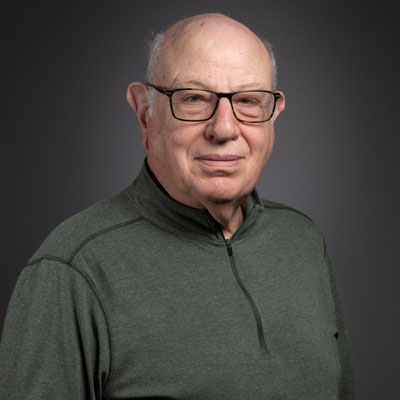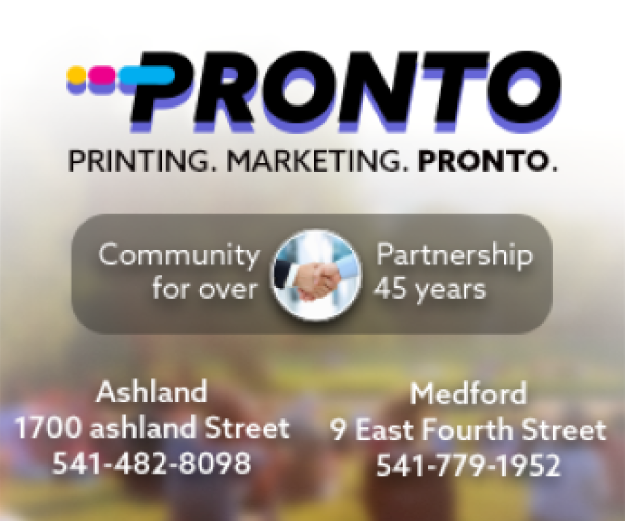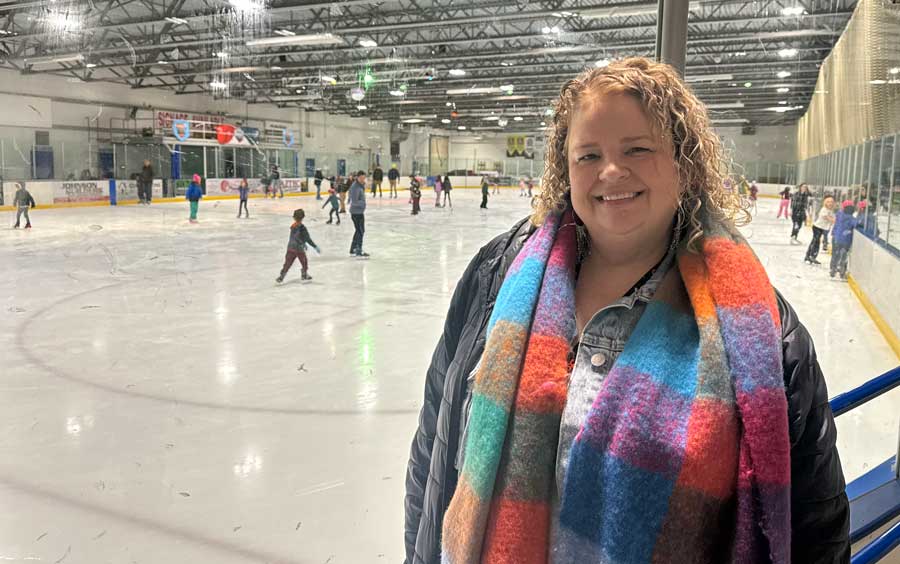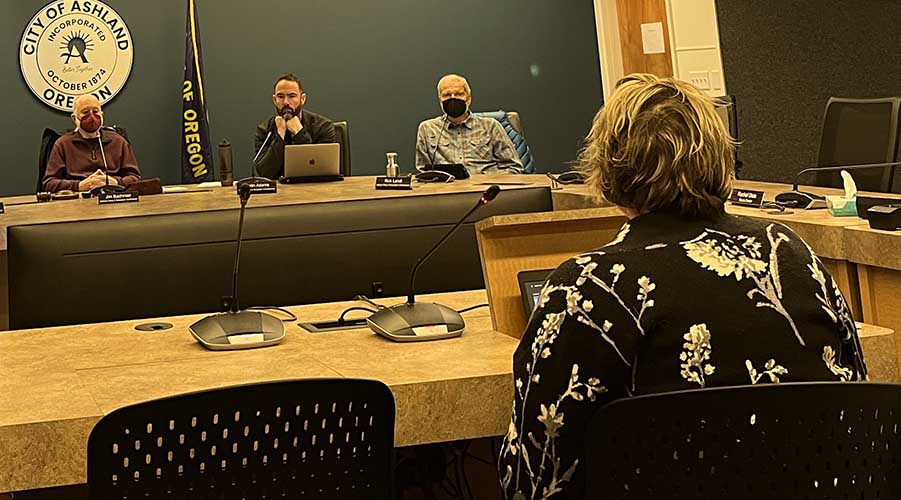Fundraisers don’t seek favors; they offer us opportunities
By Herbert Rothschild
I doubt if any child, when asked what she wants to “be” when she grows up, has ever answered, “a development director.” And gauging by professional infrastructure, it became a recognized career path only in the early 1980s.

It was at the University of Missouri-Kansas City in 1981 that the first academic nonprofit management program was established, and two years later the University of San Francisco offered the first master’s degree in the field. After that, offerings in colleges and universities proliferated, some of which include courses, tracks and certificates in fundraising. The Chronicle of Philanthropy began publication in 1988.
I got into fundraising during my volunteer work with the ACLU in Louisiana in the 1960s and 1970s. I mostly learned to do by doing, which meant I wasn’t all that good at it at first. To the extent there was training back then, it was offered as workshops by people who had been doing it for a long time.
Churches have had the longest tradition of systematic fundraising. The best development professional I knew personally got his start working for Baptist organizations in Texas. I met John Scales when I went to work for the University of Houston System in 1991. It was in the midst of a $350 million capital campaign, and John led it to a successful conclusion. He then went to Baylor College of Medicine and helped it raise $500 million. Next, he went to Columbia College of Physicians and Surgeons and helped it raise $1 billion. Although I was working on the public affairs side of institutional advancement and not fundraising, I learned a lot from observing John.
One obstacle to becoming a fundraiser is that many people feel uncomfortable talking about money. Doing so tends to be constrained by social etiquette and cultural taboos. As the following story illustrates, I embrace a few of them.
At a recent gathering at which attendees wore name tags, a man looked at mine and said, “Rothschild. So, do you have a lot of money?” I replied, “Let me tell you a Jewish joke.”
“Izzie was walking on Sixth Avenue in New York City and saw a crowd gathering ahead of him. As he drew closer, he saw a man on a stretcher about to be put into an ambulance. A bystander said the man had been hit by a car. Drawing even closer, Izzie saw it was his friend Abe. He cried to him, ‘Abe, Abe. How you doin’?’ Abe replied, ‘I make a living.’” Unfortunately, my listener was as dense as he was gauche. He asked, “Is that it?” I had to explain that it was a way to deflect an improper question about one’s wealth. We didn’t speak again.
But if you’re going to be a fundraiser, you have to get over any needless reservations about discussing money. Which means that you must regard money simply as a tool, albeit a very powerful tool, for achieving what people want. Fortunately, what most of us want isn’t self-aggrandizement. Beyond giving us financial security, our money affords us an easy way to contribute to the well-being of others — family, community, world.
Fundraisers think of what they do as offering people an opportunity to contribute to the well-being of others. Obviously, the endeavors for which they are soliciting donations are among a myriad of such opportunities. Inevitably, then, not everyone will wish to take any particular one. A “no” is neither a personal rejection of the fundraiser nor a judgment on the worth of the endeavor.
Because where we decide to direct our philanthropy is mostly subjective. Unlike the allocation of our tax dollars, for which public officials should make a wide-lensed, rational assessment of needs and the resources available to meet them, as private individuals we aren’t required to justify our philanthropic choices.
Those choices skew toward the personal — e.g., an organization conducting research on a disease with which a close family member was afflicted, an arts group whose performances we regularly attend, a food bank in our own town. In general, I endorse taking care of our own first, although I give only token amounts to my alma maters because they have such large endowments.
What prompted me to focus on philanthropy in this column is that, tomorrow, Ashland.news will enter the two months of its NewsMatch period. Marshalling money from several foundations, the Institute for Nonprofit News matches (within limits) donations that its members receive during November and December. An outsized percentage of our operation is funded by our year-end income.
The enthusiastic reception of Ashland.news since it began publication in January 2022, and the willingness of so high a proportion of its readers to support it financially, have been enormously encouraging to those of us responsible for it. We believe that it’s essential to the well-being of the communities we serve to provide trustworthy coverage, and clearly you share that faith.
In the coming weeks AN will give you multiple opportunities to help us meet our NewsMatch goal. I hope you will.
I want to end with a tribute to John Stromberg, three-term mayor of Ashland, who passed away this year. In April 2021, John called me to share his concern that the Daily Tidings had ceased to serve the city. It had become a shadow of its former self. Could we do something? I told him I’d call Bert Etling, former editor of the Tidings, and get back to him. So began a series of meetings that led to the formation of Ashland.news.
John was a highly intelligent, capable and sweet-natured man who served this city well. Ashland.news is among his gifts to us.
Herbert Rothschild’s columns appear Fridays. Opinions expressed in them represent the author’s views. Email Rothschild at [email protected]. Email letters to the editor and Viewpoint submissions to [email protected].


















